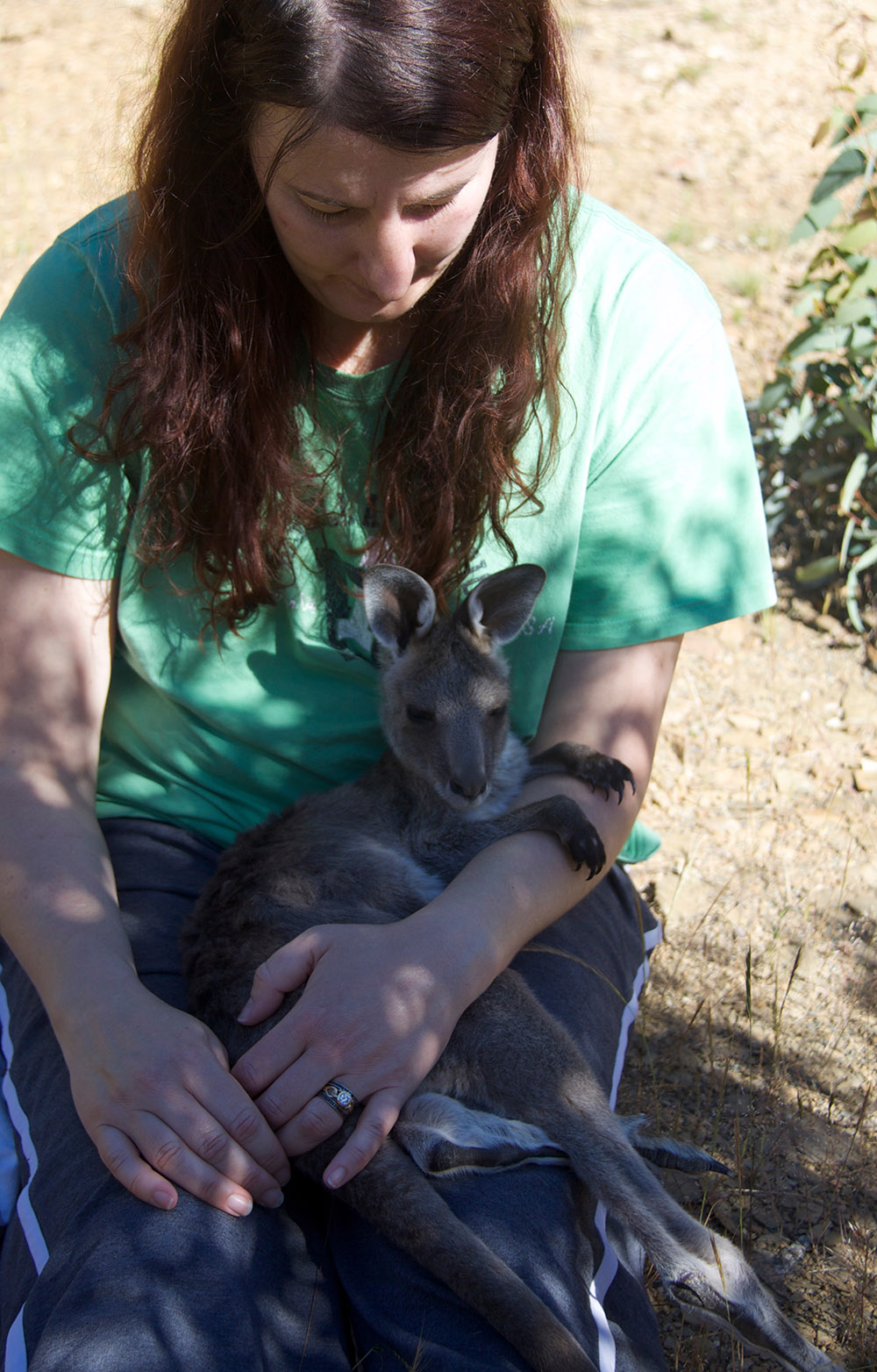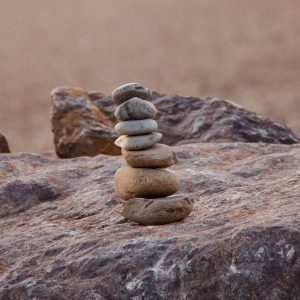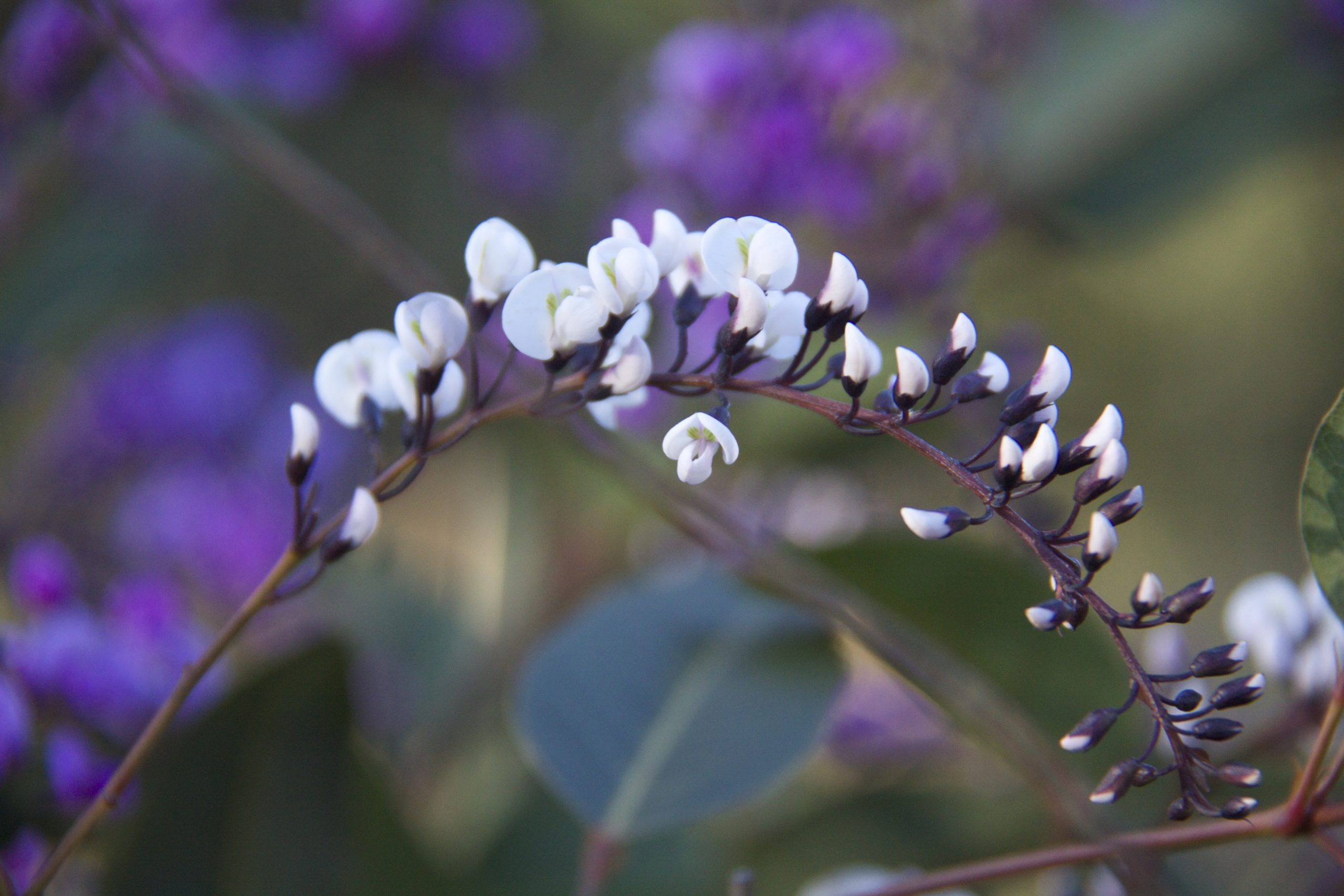“Remember you don’t need to earn self-care by working the hardest, saving a million lives, being perfect, giving until it hurts, or putting yourself last. You don’t have to earn self-care at all.”
– Jessica Dolce
I was fortunate to recently have a great conversation with an amazing woman, someone I have been in touch with for several years, and who I greatly admire and respect. She is a person in the animal care world like us, and her name is Jessica Dolce. Jessica started out in a role direct with animals and then moved into the helping-the-people-helping-the-animals arena, like Two Green Threads. Our conversation topic was self-care, and she completely nailed it. The depth of messages around self-care that I’ve been struggling to understand and draw out, were all laid bare to stimulate and challenge. My logical brain saw what my emotional brain liked to mask.
If I had to do a quick and dirty definition of what self-care means to me, it’s a time to rebuild my energy in a way which enables a calmer, less pressured mind and body. It’s setting aside time for doing something I want and enjoy, without first having to consider the needs of others. In reality, what this translates to is that self-care is something I will do when on holidays, rather than in my day-to-day life.

I have been reflecting on how, outside of holidays, I can create the conditions for self-care. For me, there needs to be a perfect mash of factors; a moment of awareness of the opportunity, an action to do something with the available time and the motivation to follow through. I have to admit I sometimes hover over the first, get lost in the second and then finding the motivation has me undone – this results in the moment being lost.
Following my talk with Jessica, and reading what she has written on the topic, I realise I need to prioritise and value self-care and, in so doing, question my stories and the pre-loaded biases I have about why there are always better things to do.
Self-care seems to have an image of treats and indulgences – which it can be – but it’s not the whole picture. I think this is a modern context of the term that movies and advertising has helped imprint.
We will all have our own internal messages on self-care. I guess the start is being aware of what they are, understanding where they have come from, and if they are serving us? I certainly have the ‘only if I have time’ ‘too much to do’ ‘don’t be selfish’ ‘its not about me’ type messages to overcome, let alone what seems like the barrier of finding any time. If your eyes slightly glaze over at the idea of more minutes within flashing images of washing, kids, dinner, sick animals, tiny joeys, baby birds/possums to feed, calls to return, milk formula to make, shopping to do, kids to pick up, relationships to maintain, work and home tasks – I’m hearing what you are seeing. It’s not immediately obvious where something else can fit.
I’m learning to change my internal perception of self-care by reframing the term to be about sustaining myself and my community. Self-sustainment means sustaining others, and ultimately, in our case, the chance to care and protect our wildlife for longer. Within this reframe, however, there is still evidence of my need to shake-up my approach to self-sustainment.
So how do we start to not see self-care as yet another thing to do, but as a vital part of enabling us to continue doing our volunteer wildlife service?
If I pick up on the ABCs that were expressed in the Take Care to Give Care Guide then I need some:
– do I value self-sustainment and, if not why not?
– my definition of balance may not be somebody else’s, and that is okay. I don’t need to justify it, I just need to be conscious about the choices I am making. Along with those choices I accept that there will be a need to invest in some energy return to myself if I am going to get through the high stress times. If I don’t do this my bucket will run dry and who will lose out of that?
– for me this is about connecting with others who help remind me and hold me to account for being true to the awareness journey and balance carveout. Those that encourage and enable moments that feed energy back to me, and don’t trigger any guilt if I take a few hours off, or seek help for respite. In summary, connecting with people who give me a lift.
Right now I am working on building micro moments of the things that help to sustain me. I am hoping that these moments will accumulate and stomp out the stories and biases that deflect me from sustaining myself. I’m also working on my ‘no-time’ barrier which comes as the easiest of no-go reasons. Where are you at?
I am:
- taking advantage of a 20min nap, to recoup, at least once every 2 days,
- savouring some extra minutes of interactions with my wildlife charges just because I want to,
- valuing a sense of accomplishment when I complete tasks rather than berate myself for things not yet done,
- appreciating that learning about my body and mind, and how they work under stress and trauma, is part of my self sustainment journey.
Micro moments….
I am writing this to continue to influence myself and to convince you. Why? Because there are not enough of us willing and available to care for our wildlife. We need a community of people who can look to each other for support and care for themselves, recognising their worth to our wildlife. Start a conversation with some friends, also on your wildlife volunteer journey, about what they tell themselves and do, or not do, to build energy for the longer game.

Podcast Episode:
Why we need to sustain ourselves to care for wildlife – a conversation with Jessica Dolce
Caring for ourselves is fundamental to the message of Two Green Threads; because if we look after ourselves, we can keep looking after the wildlife for longer. So how does looking after ourselves ever get a decent look-in?
Caring for the people looking after the wildlife is a fundamental message of Two Green threads; because if we look after ourselves and each other, we can keep looking after the wildlife for longer. There can be lots of internal messages and stories about self care so how and when do these ever get to see the light of day?
Our first podcast episode is on the topic ‘Why we need to sustain ourselves to care for wildlife’, with guest speaker Jessica Dolce.


1 Comment on "Sustaining ourselves = Sustained carer community = Sustained wildlife"
Belinda green
September 22, 2020Beautifully said!